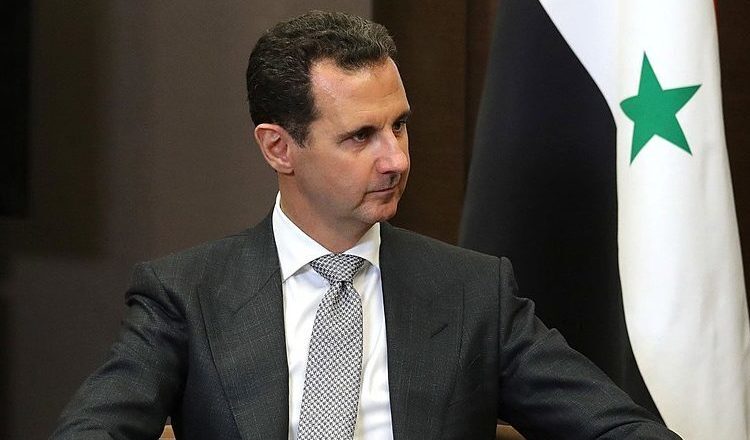Ellen Iones
Foreign Policy, June 14, 2023
“Assad is not going to budge on core issues like Iran. He needs Iran; he’s not going to step away from Iran. And he’s not going to be a reliable negotiator that delivers everything that he promises to do.”
Syrian President Bashar al-Assad’s appearance at the Arab League summit on May 19 capped a monthslong effort to reintegrate the dictator, and his country, into the politics and economics of the Middle East. This process wasn’t encouraged by the United States, which continued to oppose Assad—but it wasn’t exclusively the product of a decline in U.S. influence in the region relative to China and Russia, either. Instead, it’s been the result of a shift in priorities among countries in the region. Though some regional actors, primarily Qatar, object to mending ties with the regime, others, such as Saudi Arabia and the United Arab Emirates (UAE), are shifting towards pragmatism after years of funding anti-Assad militias.
Some nations in the region, such as Oman and Iraq, never cut ties with the Assad regime. Of those who did, the UAE began its campaign for normalization back in 2018, when it reopened its embassy in Damascus, Syria’s capital. Jordan has also made its own efforts to work with Syria on border security, but the greater wealth and regional power of Saudi Arabia and the UAE confer proportionate influence on regional dynamics; the Saudi government in Riyadh invited Assad to the Arab League summit and may be pushing Cairo to normalize its own ties to Damascus, though there has been regional pushback on both fronts.
“At a time in which Arab states such as the UAE and Saudi Arabia are asserting their autonomy from Washington and diversifying their partnerships on the international stage, Abu Dhabi [UAE] and Riyadh’s relationships with Russia are increasingly important to the Emirati and Saudi leadership,” said Giorgio Cafiero, the CEO of Gulf State Analytics. “Normalizing relations with Syria serves to bring these [Gulf Cooperation Council] members closer to Moscow, but of course this is not their only motivation for warming up to Damascus.”
… [To read the full article, click here]


